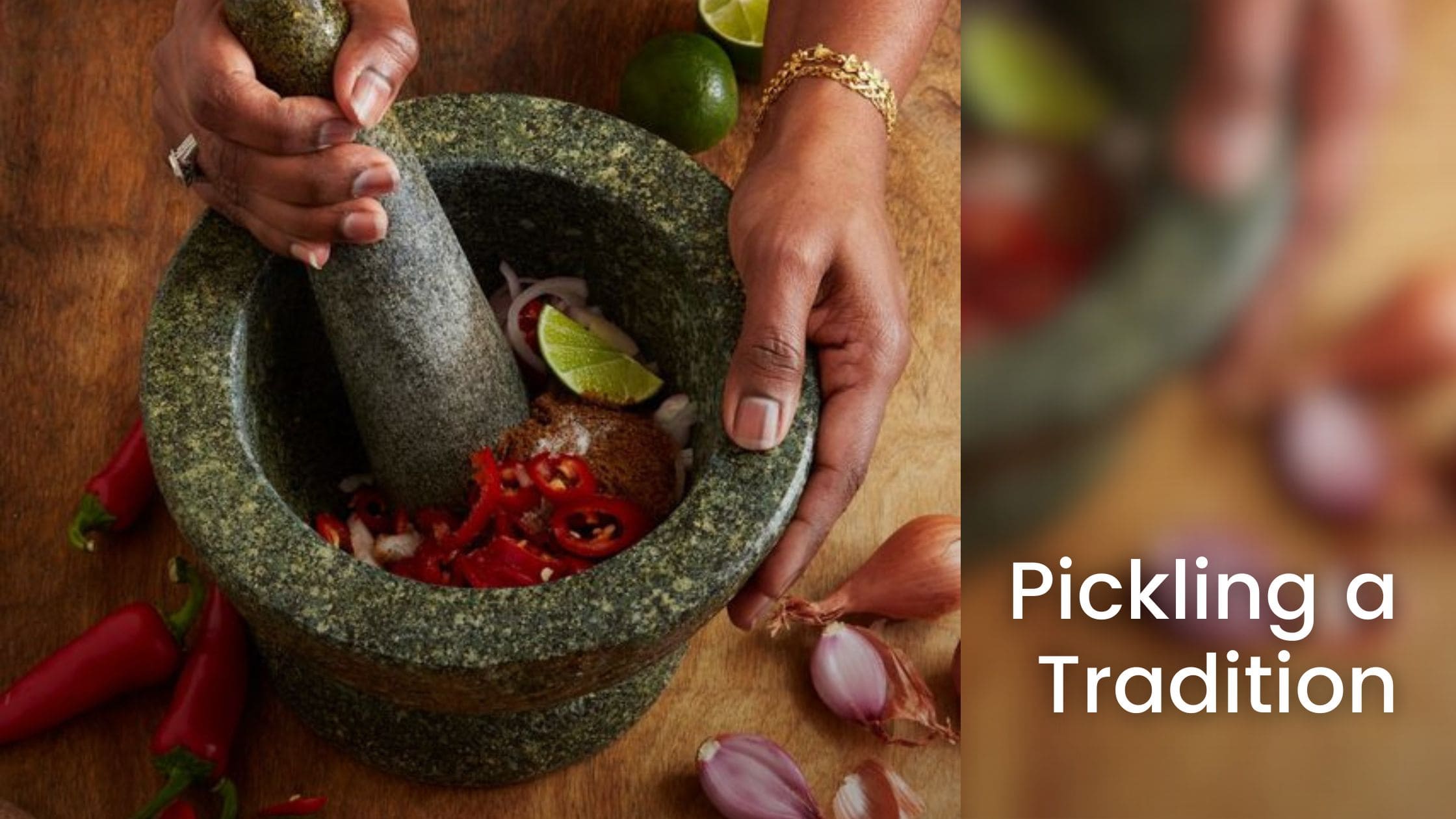
Pickling, an age-old culinary technique, has been a staple in countless cultures around the globe for centuries. It’s more than just a method of preserving food; it’s a tradition that has deeply ingrained itself into the fabric of various societies. From the tangy kimchi of Korea to the zesty pickles of India, pickling has become a symbol of culinary heritage and a source of communal joy.
Indian festivals are celebrated with its full grandeur not in India but other parts of the world. It symbolises unity and harmony among people of all ages and all cultural backgrounds. It also involves singing, dancing, and feasting on traditional meals. Indian pickles, made using traditional recipes, are a cultural symbol and a part of the all-Indian traditional thali meals.
Indian pickles are also known for their health benefits, as they are a good source of antioxidants and have medicinal properties that aid digestion, boost the immune system, and promote overall well-being.
A Cultural Tapestry
Pickling is a testament to humanity’s ingenuity and adaptability. In regions where fresh produce was abundant but perishable, pickling offered a way to savor its flavors throughout the year. This practical necessity evolved into a cultural practice, with different societies developing unique pickling techniques and recipes.
For instance, in India, pickling has been an integral part of the culinary landscape for millennia. The subcontinent’s diverse regional cuisines boast a wide array of pickles, from the spicy mango pickles of Andhra Pradesh to the tangy lime pickles of Kerala. Pickling is often associated with festivals and celebrations, symbolizing abundance and prosperity.
In Korea, kimchi, a fermented cabbage dish, is a national treasure. It’s more than just a side dish; it’s a cultural icon that represents the nation’s resilience and adaptability. Kimchi is a testament to the Korean people’s ability to transform humble ingredients into something extraordinary.
Building Bridges Through Flavor
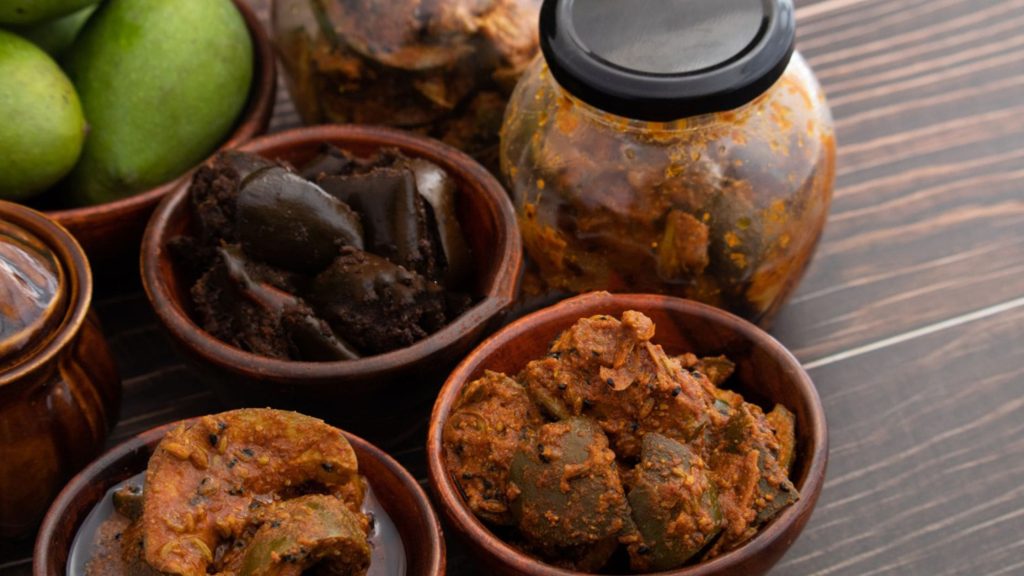
Pickling has the power to transcend cultural boundaries and bring people together. It’s a common ground that can foster understanding and appreciation for different traditions. When people share a meal featuring pickled delicacies, they are not just consuming food; they are participating in a cultural exchange.
Food festivals and markets often showcase a variety of pickled products from around the world. These events provide opportunities for people to taste new flavors, learn about different cultures, and connect with others who share a passion for food.
The Joy of Pickling
- Beyond its cultural significance, pickling is simply a delightful culinary experience. The process of transforming fresh produce into tangy, flavorful preserves can be immensely satisfying. It’s a creative outlet that allows individuals to experiment with different flavors and techniques.
- Whether you’re a seasoned pickler or just starting out, there’s something magical about opening a jar of homemade pickles and savoring the fruits of your labor. It’s a reminder of the simple pleasures in life and the enduring power of tradition.
- As we continue to explore the diverse culinary landscapes of the world, let us celebrate the art of pickling. It’s a tradition that has enriched our lives for centuries, and it continues to bring joy and satisfaction to people of all ages and cultures.
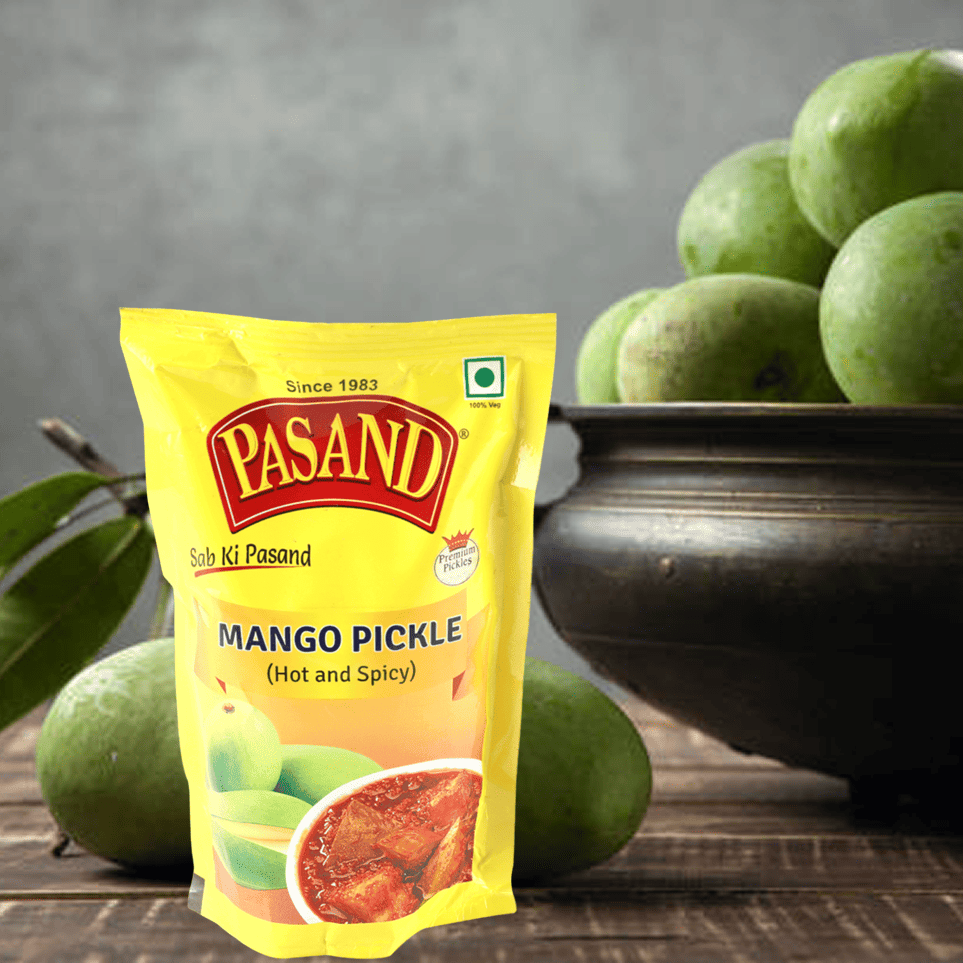
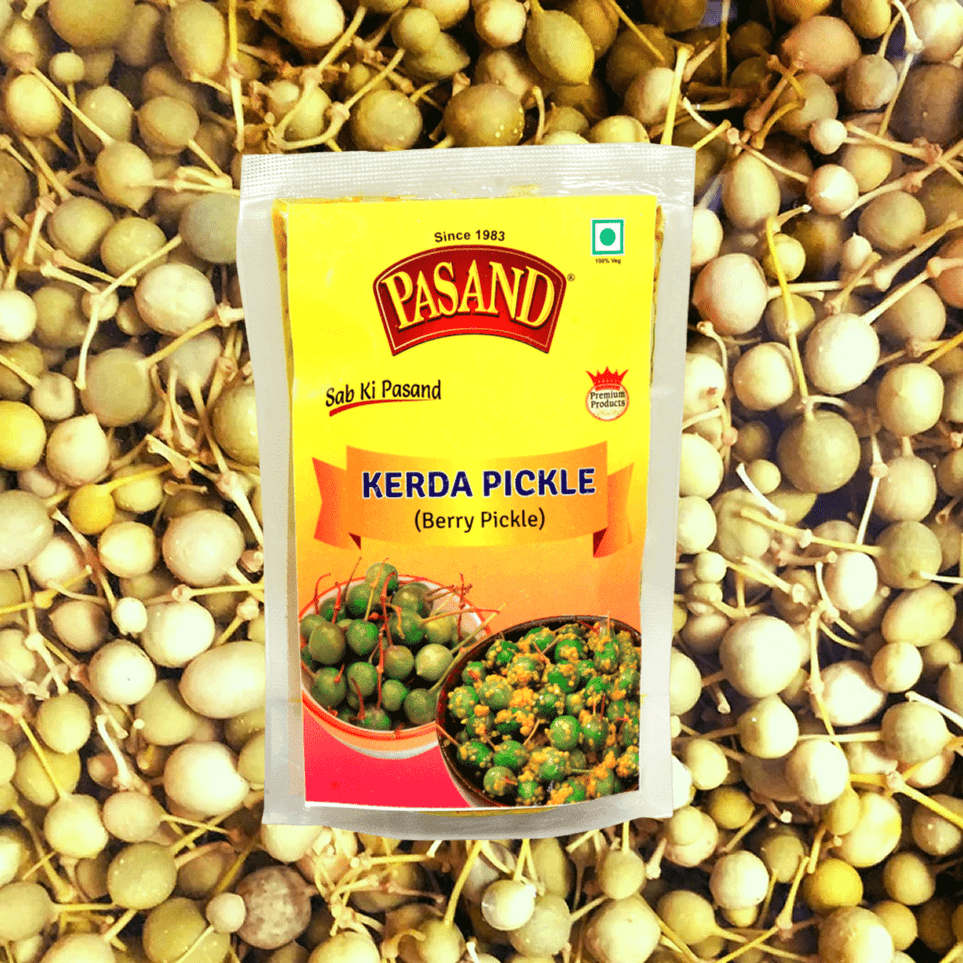
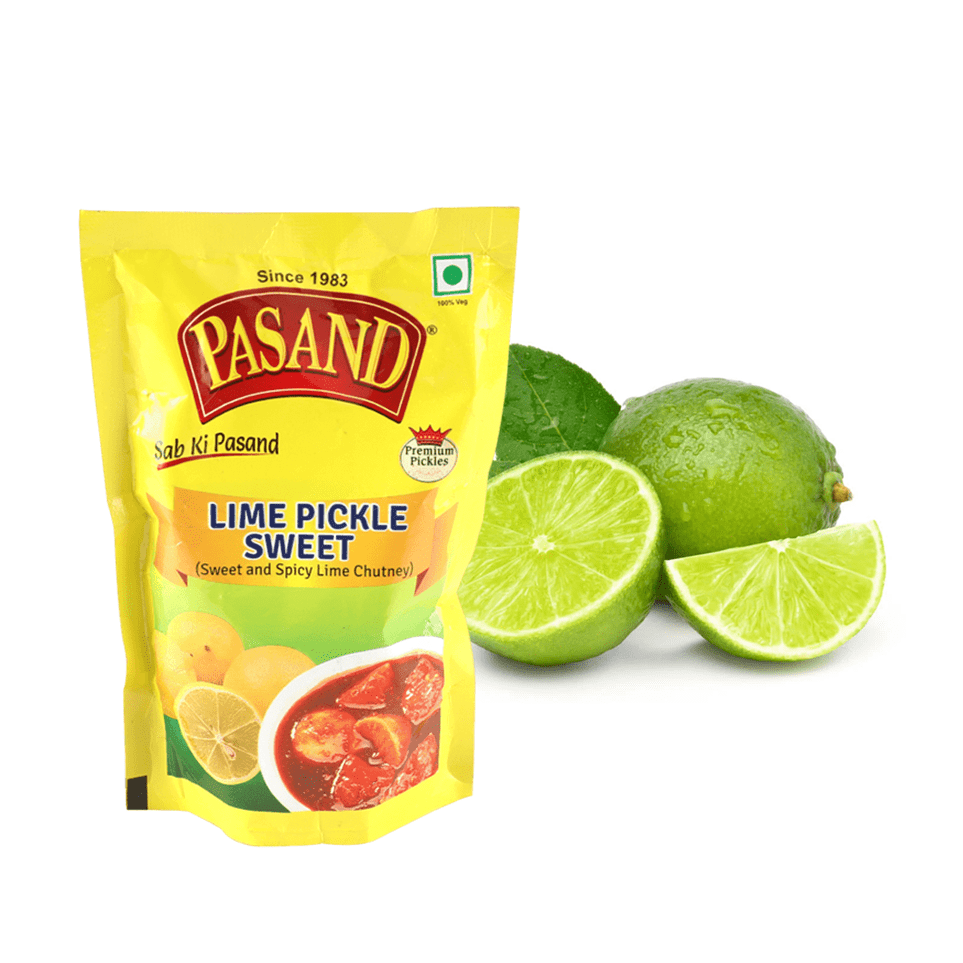
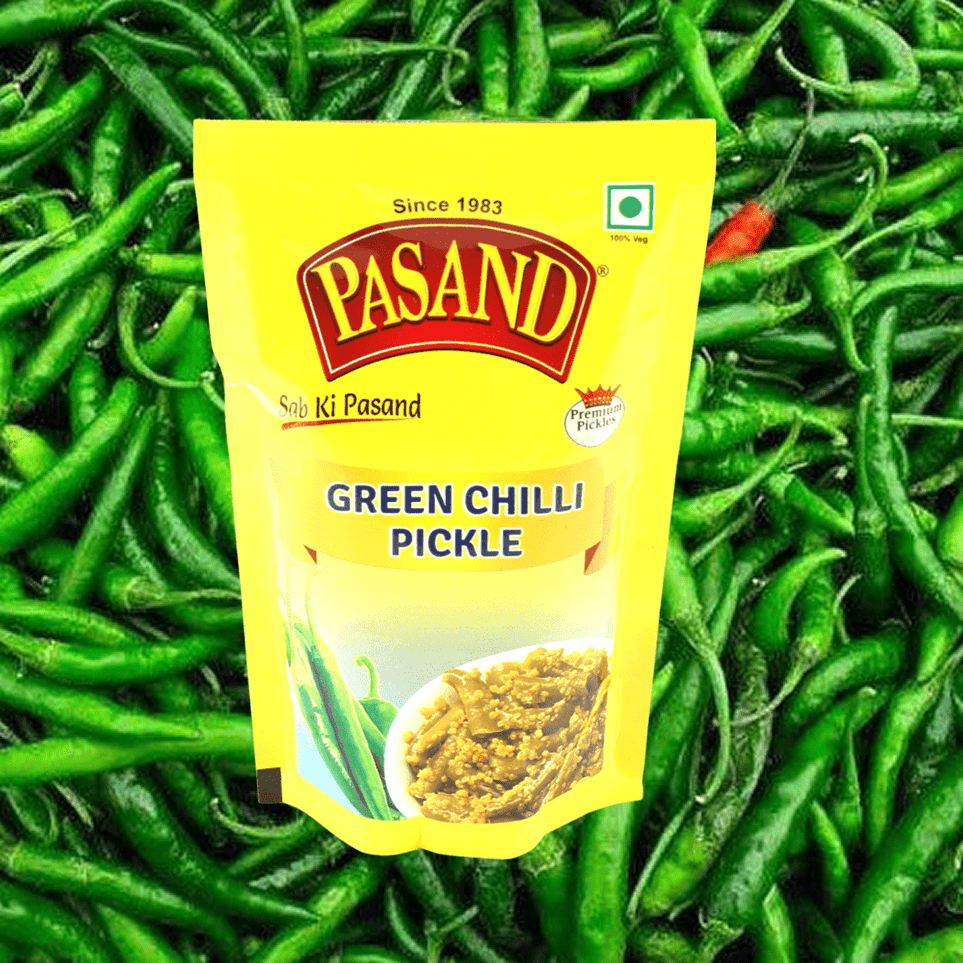
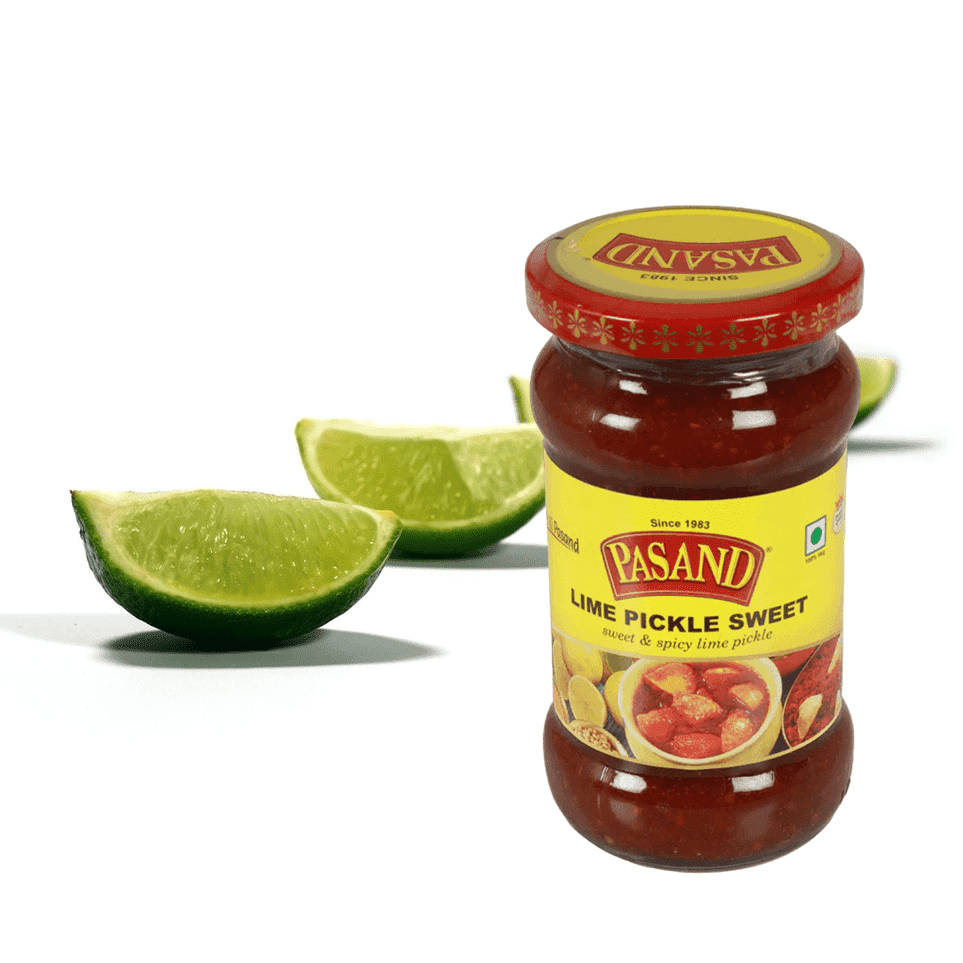
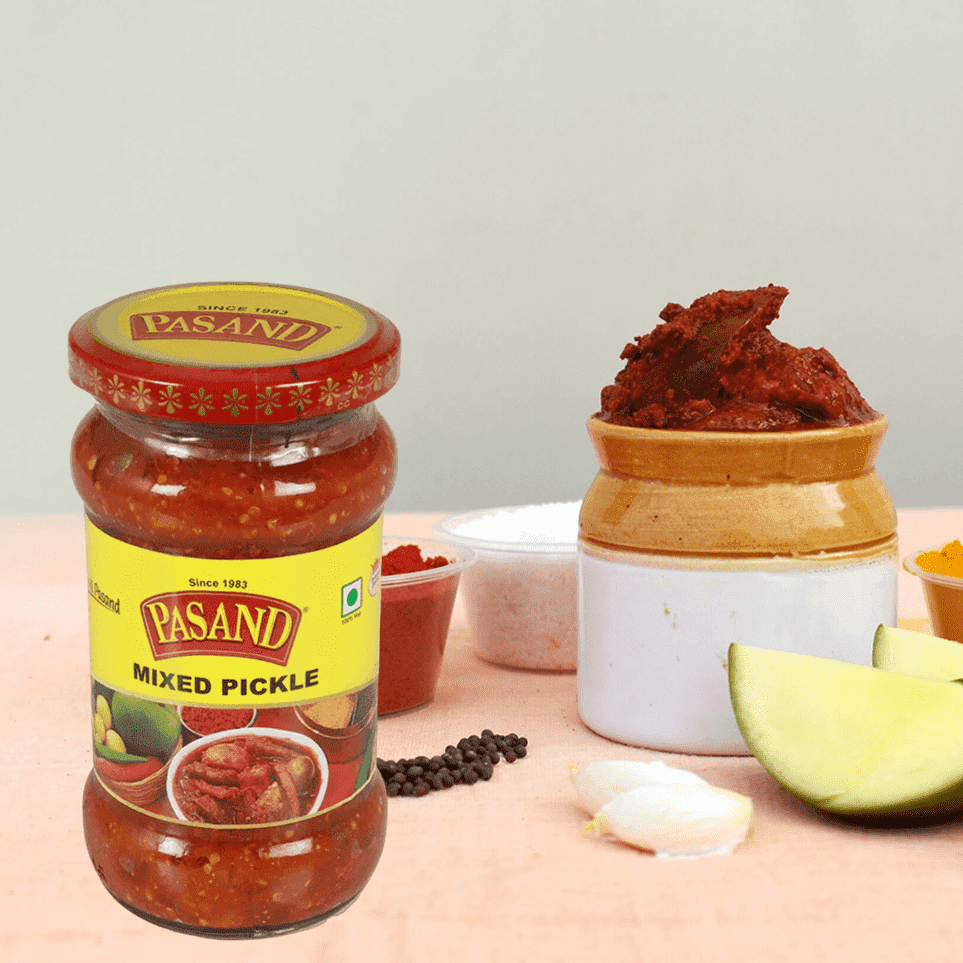
This festival season, share a taste of tradition and wellness with our handcrafted pickles at https://pasandfoods.com/. Gift the legacy of flavor to your loved ones.





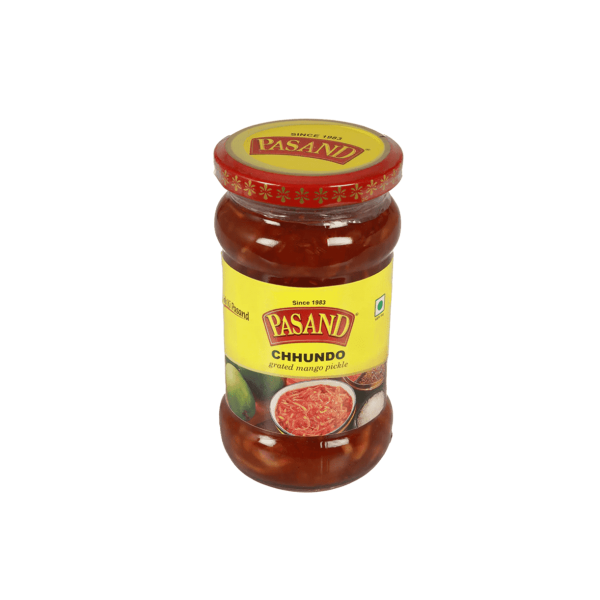
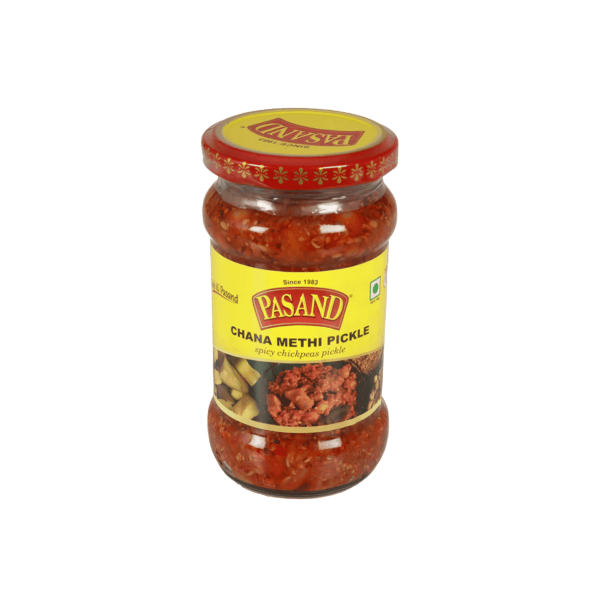
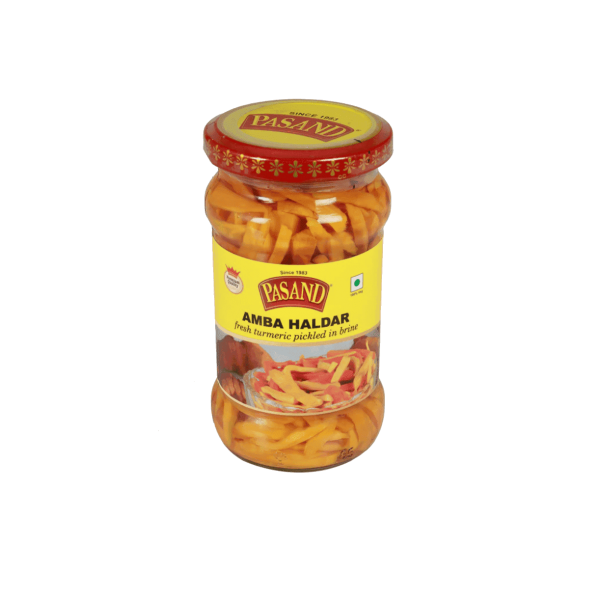
Leave a Reply
You must be logged in to post a comment.